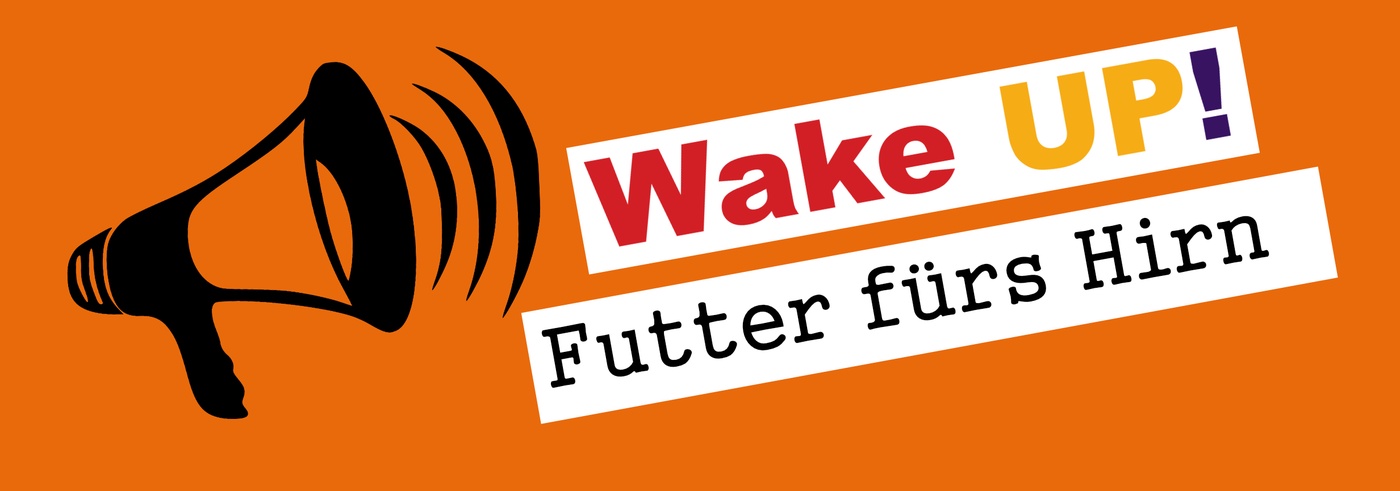Folge 64: Hilfe, ich kann mich nicht entscheiden
Entscheidungen im Alltag und die ständige Überforderung: Baumeister, R. F. et al. (2007). Ego Depletion: Is the Active Self a Limited Resource? Journal of Personality and Social Psychology. Kahneman, D. (2011). Thinking, Fast and Slow. Farrar, Straus and Giroux. Anderson, C. J. (2003). The Psychology of Doing Nothing: Forms of Decision Avoidance. Psychological Bulletin, 129(1), 139–167. Schwartz, B. (2004). The Paradox of Choice. Harper Perennial. Bystander-Effekt: Latane, B., & Darley, J. M. (1968). Group inhibition of bystander intervention in emergencies. Journal of Personality and Social Psychology, 10(3), 215–221. Paradox of Choice: Schwartz, B. (2004). The Paradox of Choice. When Choice is Demotivating: Can One Desire Too Much of a Good Thing? Maximizer und Satisficer: Schwartz, B. et al. (2002). Maximizing versus Satisficing: Happiness is a matter of choice. Journal of Personality and Social Psychology, 83(5), 1178–1197.
Entscheidungen verstehen – Was steckt eigentlich dahinter? Verschiedene Arten von Entscheidungen: Sicht der Psychologie: Entscheidungen und Rationalität – Wirtschaftspsychologische Gesellschaft Self-fulfilling prophecy: Merton, R. K. (1948). The Self-Fulfilling Prophecy. The Antioch Review, 8(2), 193–210. Verywell Mind Artikel zur selbsterfüllenden Prophezeiung (2023) Pygmalion-Effekt: Rosenthal, R. & Jacobson, L. (1968). Pygmalion in the Classroom: Teacher Expectation and Pupils' Intellectual Development. Wikipedia zum Pygmalion-Effekt (wissenschaftlich fundiert) Bayesian Brain Knill, D. C., & Pouget, A. (2004). The Bayesian brain: The role of uncertainty in neural coding and computation. Trends in Neurosciences, 27(12), 712–719. MIT News: How expectations influence perception (2019) Confirmation Bias Nickerson, R. S. (1998). Confirmation bias: A ubiquitous phenomenon in many guises. Review of General Psychology, 2(2), 175–220. Sharot, T., Korn, C. W., & Dolan, R. J. (2011). How unrealistic optimism is maintained in the face of reality. Nature Neuroscience, 14(11), 1475–1479. BetterHelp: Was ist Confirmation Bias?
Der schwierige Teil - Große Entscheidungen & Unsicherheiten Lebensentscheidungen treffen: Zitat: Here's Why Uncertainty Makes You So Miserable | TIME Transformative Life Desicions: How people make life's biggest decisions Future self-continuity: The effect of future self-continuity on intertemporal decision making: a mediated moderating model - PMC End-of-history illusion: End-of-history illusion - Wikipedia
Schwierigkeiten und warum das okay ist: Here's Why Uncertainty Makes You So Miserable | TIME Intolerance of uncertainty predicts indecisiveness and safety behavior in real-life decision making: Results from an experience sampling study - ScienceDirect
Strategien & Tools - So wird’s leichter Werteklärung: Intolerance of uncertainty predicts indecisiveness and safety behavior in real-life decision making: Results from an experience sampling study - ScienceDirect Worst-Case Visualisierung: What Makes Big Life Decisions So Difficult? | Psychology Today Mini-Entscheidungen: The Paradox of Behavior Change (and the Myth of Overnight Success) Eisenhower-Matrix: The Eisenhower Matrix: Introduction & 3-Minute Video Tutorial Visualisierung: Role of the hippocampus in imagination and future thinking. - Abstract - Europe PMC Sprech-Denk-EFox, E., Ericsson, K. A., & Best, R. (2011). Do procedures for verbal reporting of thinking have to be reactive? A meta-analysis and recommendations for best reporting methods. Perspectives on Psychological Science, 6(4), 263–278. Schwartz, B. (2004). The Paradox of Choice: Why More Is Less. New York: Harper Perennial. ISBN: 978-0060005696
Nach der Entscheidung - Damit leben und wachsen Choise Closure: Choice Closure: Reinforce completion to motivate action Gilbert, D. T., & Ebert, J. E. J. (2002). Decisions and revisions: The Affective Forecasting of Changeable Outcomes. Psychological Science, 13(4), 351–356. The Affective Forecasting of Changeable Outcomes Studie Selbstwirksamkeit: Maddux, J. E. (2009), Self-Efficacy: The Power of Believing You Can, in The Oxford Handbook of Positive Psychology Sequencing and annotation of the Ophiostoma ulmi genome - PMCDweck, C. S. (2006). Mindset: The New Psychology of Success Aus Fehlern lernen: Moser, J. S., Schroder, H. S., Heeter, C., Moran, T. P., & Lee, Y. H. (2011). Mind Your Errors Evidence for a Neural Mechanism Linking Growth Mind Set to Adaptive Post-Error Adjustments. Psychological Science, 22, 1484-1489. - References - Scientific Research Publishing

Kommentare
Neuer Kommentar